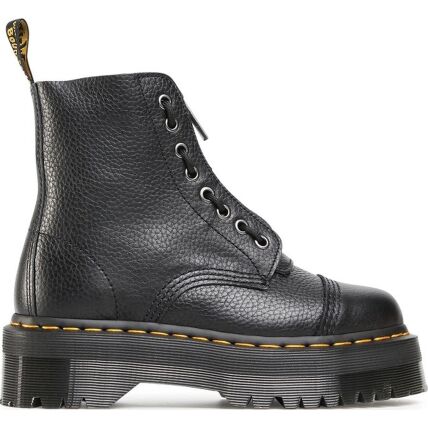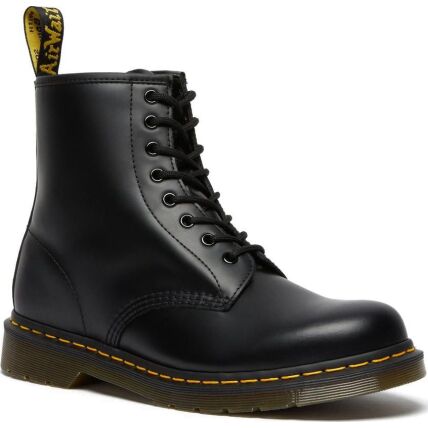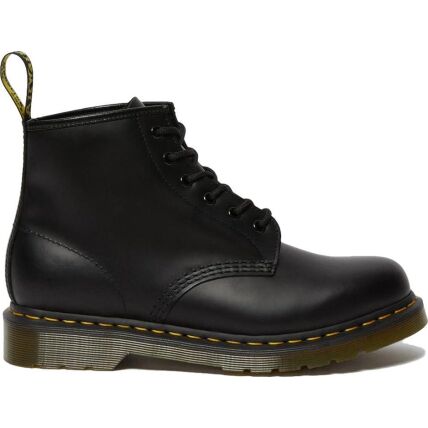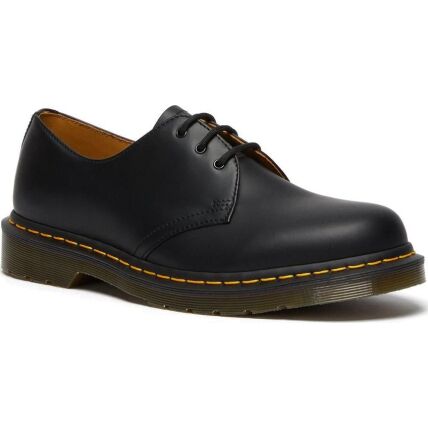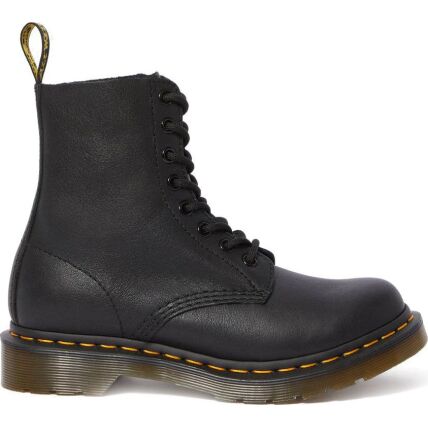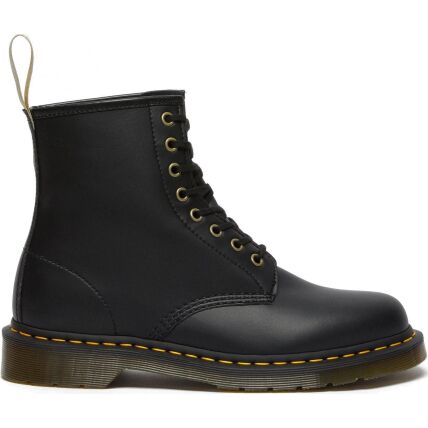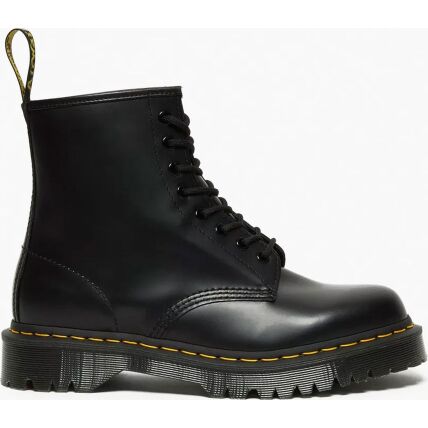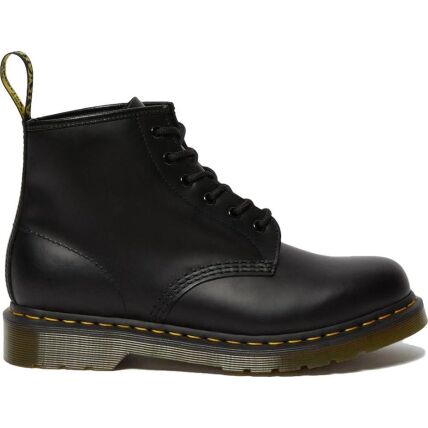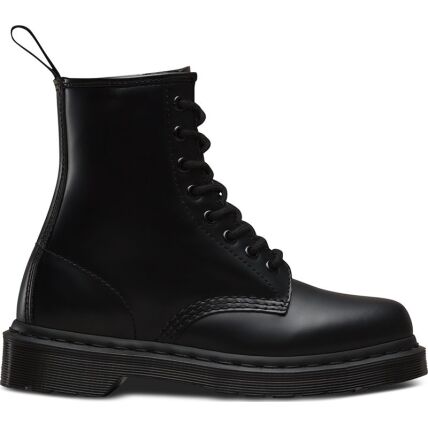
-
For Women
 For WomenFootwear
For WomenFootwear Clothes
Clothes
-
For Kids
 For KidsFootwear
For KidsFootwear Clothes
Clothes
Footwear
-
Sale

-
OUTLET

-
For Men
 For MenFootwear
For MenFootwear Clothes
Clothes
-
Bestsellers

-
REIMA
 REIMACLOTHES
REIMACLOTHES FOOTWEAR
FOOTWEAR
- FOOTWEAR
- View all
- Sandals
- Sneakers
- Bateliai
- Rain boots
- Ankle boots
- View all
ACCESSORIES
- ACCESSORIES
- View all
- Rain accessories
- Gloves
- Hats
- Scarves
- Socks
- Sunglasses
- View all
SEASON
- SEASON
- For spring
- For summer
- For autumn
- For winter
FOOTWEAR
- FOOTWEAR
- View all
- Sandals
- Sneakers
- Bateliai
- Rain boots
- Ankle boots
- View all
ACCESSORIES
- ACCESSORIES
- View all
- Rain accessories
- Gloves
- Hats
- Scarves
- Socks
- Sunglasses
- View all
SEASON
- SEASON
- For spring
- For summer
- For autumn
- For winter
-
Brands
 Brands
Brands -
CROCS
 CROCSCATEGORY
CROCSCATEGORY SEASON
SEASON
- SEASON
- For spring
- For summer
- For autumn
- For winter
ACCESSORIES
- ACCESSORIES
- View all
- Crocs™ Jibbitz accessories
- Socks
- View all
CATEGORY
SEASON
- SEASON
- For spring
- For summer
- For autumn
- For winter
ACCESSORIES
- ACCESSORIES
- View all
- Crocs™ Jibbitz accessories
- Socks
- View all
-
ECOALF

-
New arrivals

 Information about cookies
Information about cookies
Our website uses cookies for site functionality, site performance, analytics, personalized content and ads. By clicking "Accept All" you agree to such use and sharing information with our partners. You can learn more about our use of cookies and partners and also modify your consent through "Privacy Preferences."

Dr. MARTENS
 Dr. Martens’ appeal to people who have their own individual style but share a united spirit – authentic characters who stand for something. People who possess a proud sense of self- expression. People who are different.
Dr. Martens’ appeal to people who have their own individual style but share a united spirit – authentic characters who stand for something. People who possess a proud sense of self- expression. People who are different.
On a stylistic level, Dr. Martens’ simple silhouettes allows their wearers to adopt the boots and shoes as part of their own individual and very distinctive style; on a practical level, their famous durability and comfort make them ideal for the unforgiving world of gigs and street fashion; and then finally on an emotional level, they are a badge of attitude and empowerment.
However, it wasn’t always this way: Dr. Martens were originally a modest work-wear boot that was even sold as a gardening shoe at one stage. So, how did this utilitarian boot transform into one of the most culturally relevant brands of the modern era? It is an interesting and unique story...
Starting in 1901, the Griggs family were known for making boots in the small town of Wollaston, Northamptonshire in the English Midlands. They were at the very heart of the English shoe industry and for six decades Griggs’ footwear earned a solid reputation as sturdy, durable work boots.
Without any warning or intent, Dr. Martens were suddenly picked up by early multi-cultural, ska-loving skinheads – who proudly championed British working class style. Shortly after, Pete Townshend of The Who became the first high profile individual to wear them as a symbol of his own working class pride and rebellious attitude. In so doing, both first generation skinheads and Townshend altered the course of the brand’s history, changing this functional work-wear boot into a subcultural essential.
Sales of small men’s size boots alerted Dr. Martens to a street trend for girls buying then customising (usually with florals) the simple 8-hole boot. Meanwhile, US Hardcore musicians touring the UK began to take pairs of DM’s back to the west coast, thus inadvertently starting American subculture’s adoption of the brand.
Grunge turned the mainstream music world on its head and took Dr. Martens along for the ride. Back in Britain, Britpop rebelled against this so-called ‘loser kid’ apathy but did so in the same boots, the 1460.
The emergence of nu-metal and very early emo saw yet more new music genres adopt the boot. The brand also became synonymous with festival culture.
Shortly after the brand’s fortieth birthday, sales declined so dramatically that all but one of the UK factories had to be closed to stave off bankruptcy. Then in 2003 the revitalisation of the famous brand began with high fashion designers from around the globe re-interpreting and customising the classic 1460 boot.
In 2007 the resurgence continued when the original Cobbs Lane factory in Northampton factory recommenced the manufacture of hand-made Dr. Martens Originals.
In the era of the global village and social media, every aspect of youth culture and subcultural style has changed. Yet diverse individuals, fans and subcultures still champion Dr. Martens, attracted by its unique alternative appeal and authenticity in a world of homogeny.
In 2010 a revitalised Dr. Martens celebrated its fiftieth anniversary: five decades that have witnessed the brand’s adoption by a diverse range of tribes, celebrities, musicians and free-thinking individuals – each subverting and twisting the boots and shoes to their own personal needs, attitudes and identity.
Without music, Dr Martens would have remained a workwear boot.
The music of tribes who wear Dr. Martens has become inseparable from the brand itself.

























